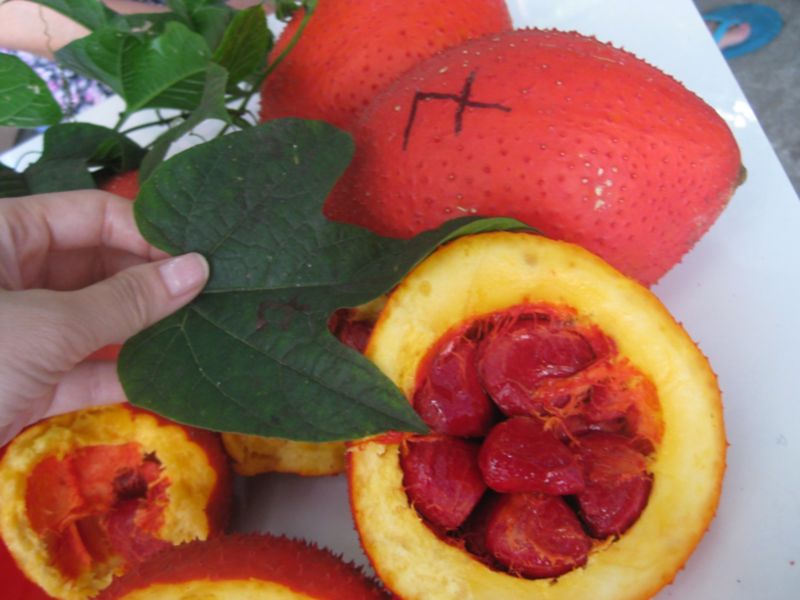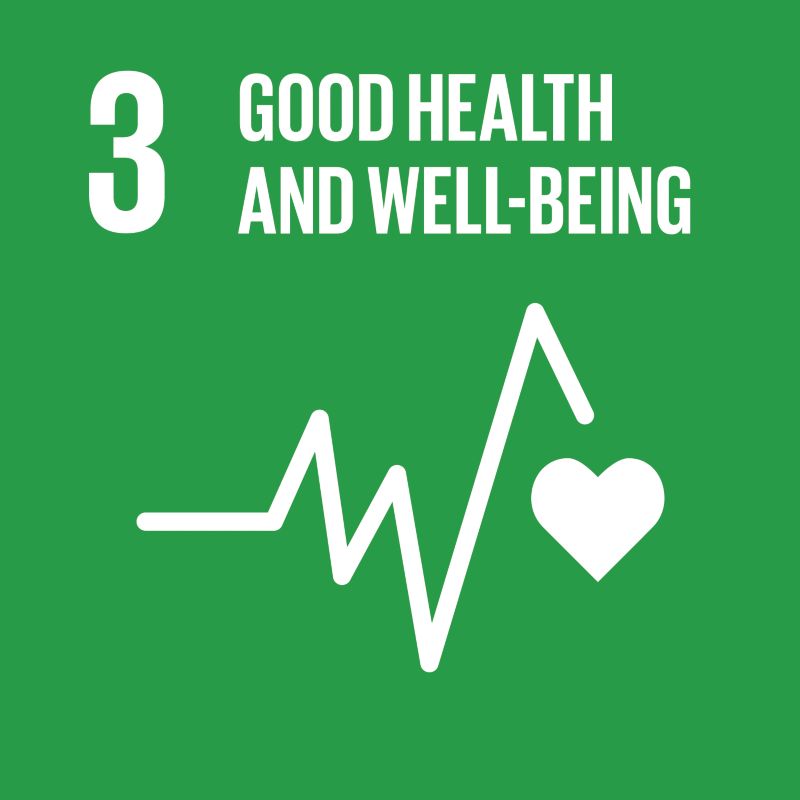RMIT researcher Dr Tien Huynh has travelled across south-east Asia to learn about the exceptional health benefits of the Vietnamese gac fruit and its ability to destroy cancer cells.
RMIT researcher Dr Tien Huynh has travelled across south-east Asia to learn about the exceptional health benefits of the Vietnamese gac fruit and its ability to destroy cancer cells. According to Huynh’s research project, the natural compounds in gấc have unique health benefits, particularly as a treatment against melanoma and breast cancer.
The research findings show that gấc is made of substances that can kill 85-90% of cancer cells, especially in skin and breast cancer. It contains up to 54 times more β-carotene than carrots and 200 times more lycopene than tomatoes.
This research project promotes the benefits of gấc fruit, supported by science-based evidence.
Project timeline: 2018
Key contributors: Tien Huynh, Dilani Wimalasiri, Robert Brkljača, Terrence J. Piva, Sylvia Urban





